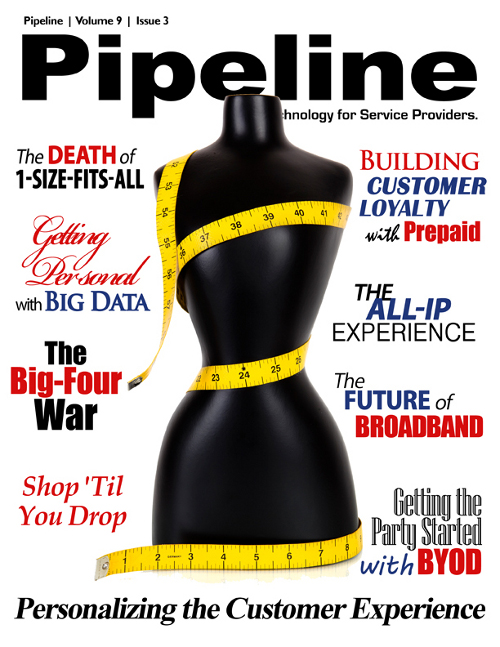Newswatch
Major Partnerships Take Centerstage
The measure of success in emerging technologies is often times intrinsically connected to scale; he who builds a critical mass of customers first wins. The machine-to-machine (M2M) business is seen as a hot prospect for operators looking to replace declining traditional revenues, but how will communications service providers (CSPs) build this critical customer base if each company operates independently? In other words, who is going to be the Google of M2M?
The answer lies in partnering, or what Pipeline deems coopetition, and this month seven carriers around the globe joined to form an M2M alliance that will deliver the kind of scale needed to reach market dominance. KPN, NTT DOCOMO, INC., Rogers, SingTel, TelefĂłnica (through its TelefĂłnica Digital unit), Telstra and Vimpelcom have entered into an alliance that seeks to put CSPs at the center of the M2M universe. What's more, other wireless operators are welcome to join.
The other major partnership news came from Telefonica, a company that would no-doubt win a speed dating challenge. Telefonica released a flurry of announcements that underlined the importance of partnerships as part of its "Beyond Connectivity" initiative this month. The global CSP forged mobile content monetization deals with Facebook, Google, Microsoft and RIM, an expansive alliance with Etisalat to collaborate in areas including Machine-to-Machine (M2M), financial services, cloud computing, and video services, and a mobile payments partnership with Visa. That's quite a few bottles of champagne for one month; nice job Telefonica.
The Price is Right?
Following Verizon's lead, AT&T introduced shared data plans this month, which zero-rate voice and messaging and charge for buckets of mobile data that can be shared among ten devices. These new plans mark the first steps from postpaid market leaders to ween customers off the concept of voice as a separate billable service in anticipation of the all-IP network, where everything is simply mobile data. They also smartly align the CSP's revenue model with both service consumption and network spending. However, the new plans don't align well with consumer sentiment.
A new study from J.D. Power and Associates took a close look at customer care in wireless and found that consumers in the U.S. prefer unlimited plans to tiered charging. This fact is hardly surprising, but what is worth noting is the cost of servicing tiered-data plan customers in the postpaid environment. Postpaid customers make more calls to customer service than customers on unlimited plans. In a sense, the best strategy from a purely CEM perspective seems to be unlimited plans. At the same time, self-care portals and apps are working. J.D. Power and Associates reported that “overall satisfaction is 42 index points higher among full-service customers who use their carrier's management app than among those who do not.”



















